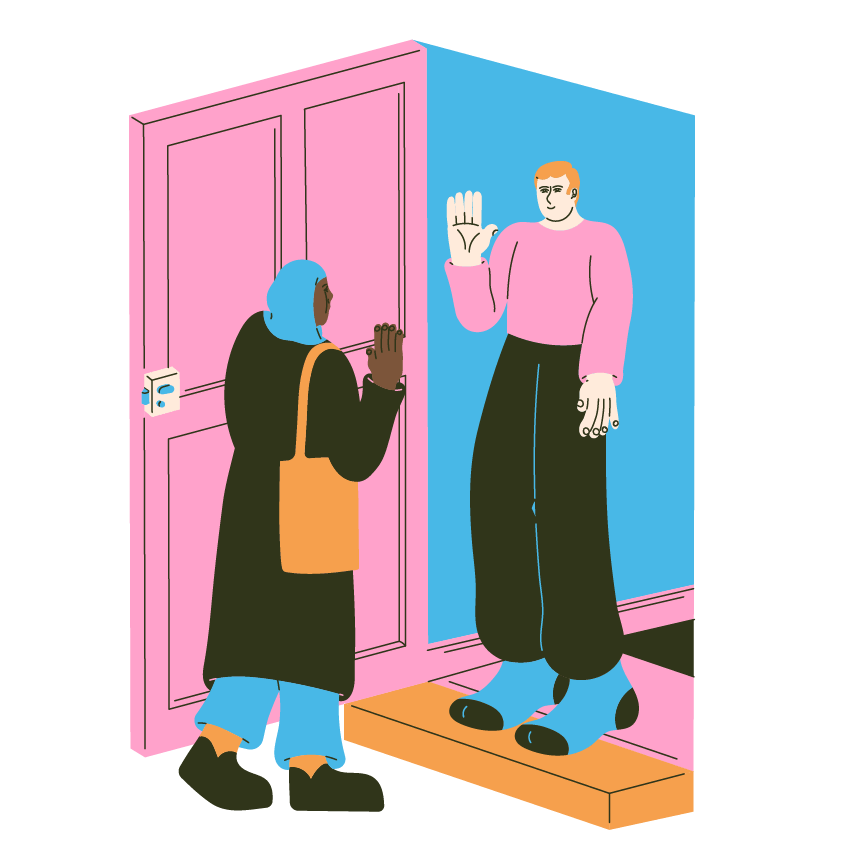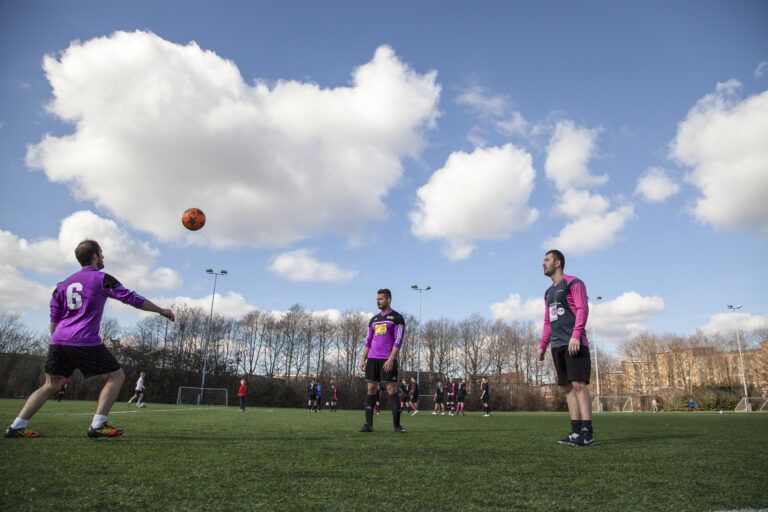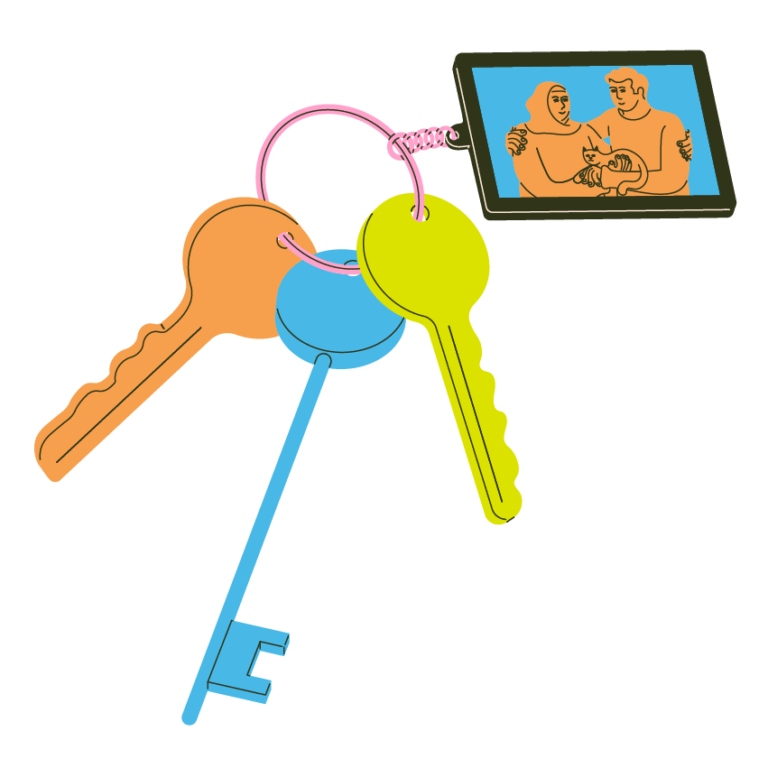Challenges encountered
All our services have had a high demand and though we have been effective in providing support to enable asylum seekers to understand their rights, access basic services and improve their access to statutory health, education and other services. This has meant the team has had a high workload and a lot of pressure to support people.
This has been particularly tough in the context of various significant losses the team has had during the project period – a staff member passed away in September 2021, who was coordinating the project, who we then recruited to replace in January. Then in January a further colleague passed away which created a further very sad loss to the team – this person was then replaced in April, though an existing team member increased their hours to cover some of the work during Feb – April.
Many of the people who use our services are already poor and the increasing costs have made it even more difficult for them. We are therefore getting a large number of requests for support with vouchers which we cannot always meet due to lack of budget.
There have been some changes to asylum seekers’ right to work in some shortage sectors (e.g. care), and this has affected the spare time some asylum seekers have and we have struggled to attract as many volunteers with lived experience of the UK asylum system once they have the right to work. Language barriers for referrals from other organisations mean that we sometimes struggle to find volunteers with appropriate community languages and time to support others. We are beginning to see Ukrainian refugees also accessing our information sessions and ESOL classes recently and this has added volume to our work.
It has been challenging to enable asylum seekers to raise their voice and speak out about mistreatment by Mears (the Home Office contracted housing provider), as the majority who suffer poor treatment fear negative repercussions if they make complaints. Such negative repercussions have appeared more prevalent during this period, particularly Mears staff conduct following complaints (both formal and informal).




